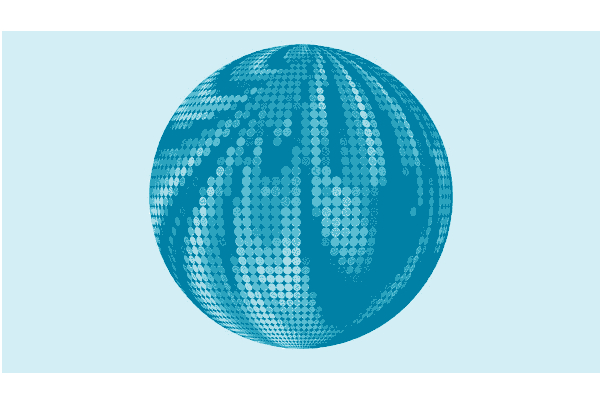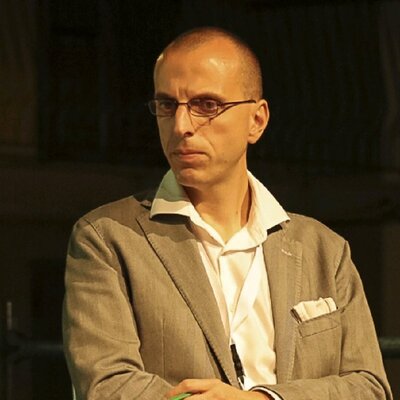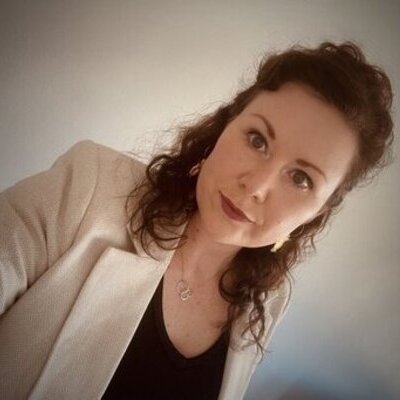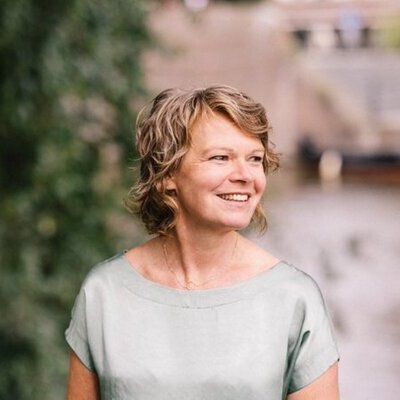8. Introducing the new members of the Integrity Committee
Read more about the new committee.

Following a recruitment process initiated over the summer, three new EASA members have joined the Integrity Committee. It is our joy to introduce them to you, in alphabetical order:

Michele Filippo Fontefrancesco is a Cultural Anthropologist with food and economic anthropology expertise. Serving as an assistant professor at the University of Gastronomic Sciences and a fellow at Durham University's Department of Anthropology, he also coordinates professional networks related to economic and food anthropology for the European Association of Social Anthropology. Since 2019 he has chaired the Ethics Committee of the University of Gastronomic Sciences. In the same institution, he coordinates the undergraduate program in Gastronomic Sciences and Cultures. His research primarily explores local development and the role of food and gastronomy's impact on economic and socio-economic progress. His notable publications include "Food Festivals and Local Development in Italy" (2020, Palgrave) and "Il Cibo del Futuro" (2021, Carocci).

Kathleen Openshaw is a lecturer in the School of Social Sciences at Western Sydney University, where she teaches ethics. Kathleen’s research interests are local migrant lived religious expressions and material religion. Kathleen is a member of the research team for an Australian Research Council Discovery Project, “The African Diaspora and Christianity in Australia”. She is co-editor (with Rocha and Hutchinson) of Australian Pentecostal and Charismatic Movements: Arguments from the Margins (2020). Kathleen is currently working on her forthcoming ethnography of the Brazilian megachurch, The Universal Church of the Kingdom of God (UCKG) in Australia, to be published with Rutgers University Press.

Rachel Spronk is a Professor in the Department of Anthropology at the University of Amsterdam. Her various research projects evidence a concern with the historical trajectories that have shaped the present, the production of knowledge about gender and sexuality and, ultimately, how the lived experiences of people inform our theoretical models. Overall, she investigates the interface between sexuality and the middle classes in Ghana and Kenya, examining problematic assumptions behind both terms. Since 2014 she has been a member of the Ethics Advisory Board of the Amsterdam Institute for Social Science Research (AISSR), at the University of Amsterdam.






